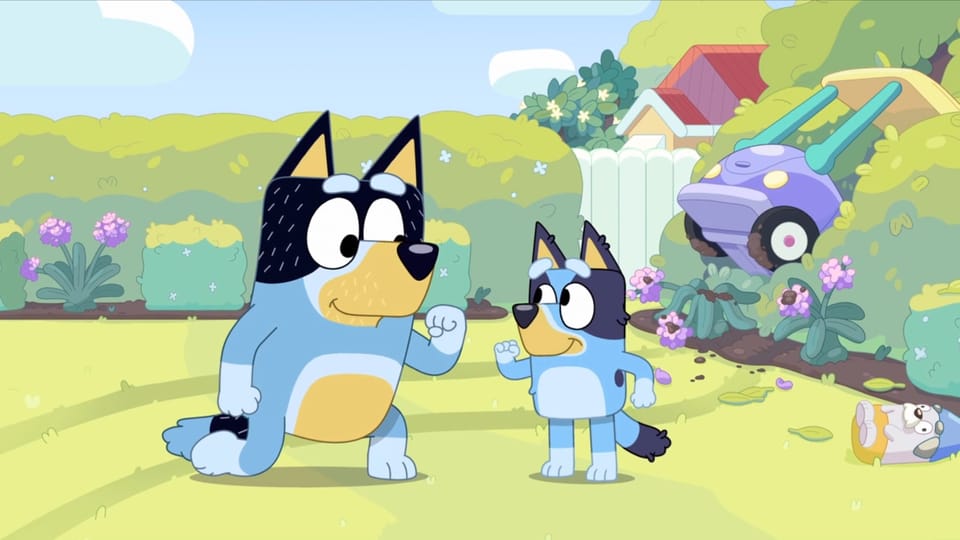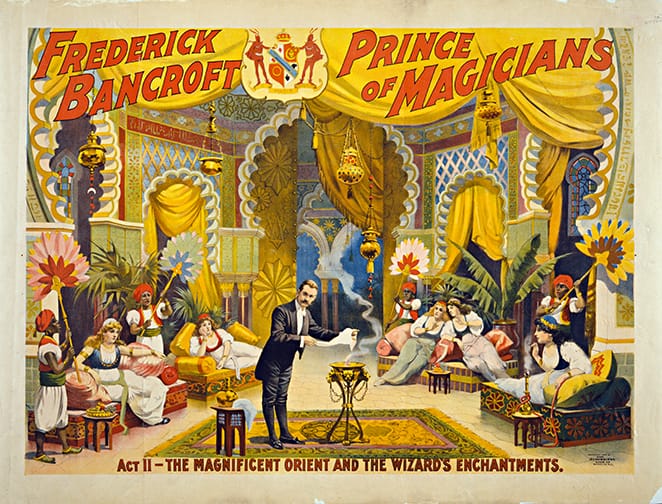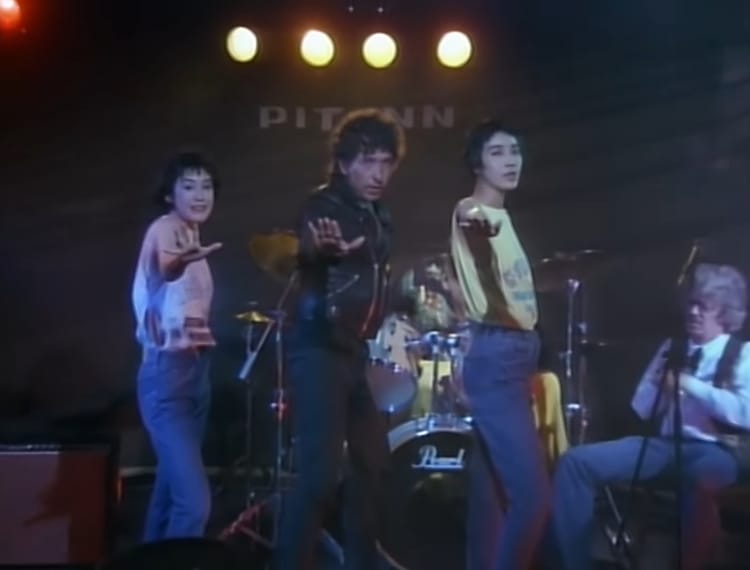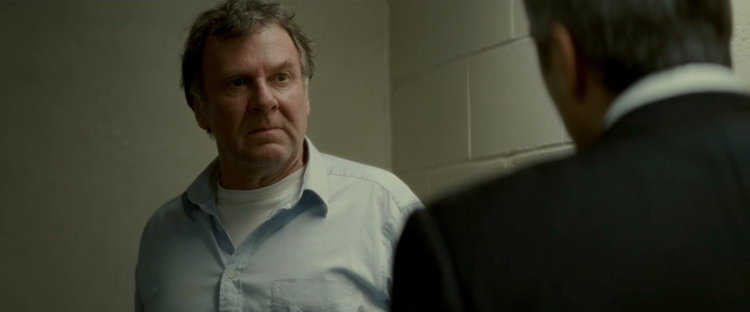‘Perfect’ Is Hard

I typically like to publish this newsletter on Fridays, but this week, Friday’s newsletter makes three. Let’s say this one represents something like going back to normal. Though it’s not that simple.
On Monday, I published a long, raw essay on my own mental health. I planned to hit publish and move on (whatever that means), but in the ensuing days, I discovered something remarkable: the essay resonated with people in ways I didn’t expect.
First, a surprising number of strangers reached out to say, Hey, I care about you. It’s a bit of an uncanny thing to hear from someone you’ve never met–and, in some cases, did not know existed. But for more than half a decade now, I’ve been trying to let people get to know me through my writing–by staking a claim, as the title of this newsletter suggests, at some kind of intersection of arts and hearts. So maybe it shouldn’t be terribly surprising that…well, it’s worked. Still, it’s nice to have it affirmed! I want to respect that very moving investment in my story, and not leave you hanging if I can help it.
Even more meaningful, though, have been the bipolar people who have reached out to say that my essay, while being intensely personal and specific, had helped them make sense of their own diagnosis, or given them a tool to help others understand them better. There are the people, too, who reached out to say they knew better how to interact with their bipolar loved ones. I haven’t been particularly emotionally labile recently, but that does draw a surge in my heart. I wrote something that hurt, and I’ve found that it helped. What could be better than that?
For those reasons, at least for the time being, I’m going to keep swimming in similar waters. The essays won’t be written in that kind of explosive burst; my brain chemistry has shifted too much to allow for it anyway. But while I continue healing from this particular psychiatric crisis–a process that can be more protracted, and less straightforward, than anyone would like–I’m going to keep giving you a window via this newsletter. As it happens, the next two ideas on my list of “vague newsletter topics” map nicely onto my efforts to reintegrate into my own home after a week of painful recuperation.
So this week, I’d like to offer a few thoughts on the very best show:
‘Perfect’ is Hard
On Bluey
Dad’s not around.
He was there briefly, but Father’s Day is coming up, so he’s been banished from the home while mum and the kids work on cards intended to show how much they love him.
It’s a common enough setup for an all-ages animated comedy–the antics surrounding a holiday are a reliable well for jokes. There’s the minor fact that in Bluey, we’re dealing with a family of Australian dogs rather than human beings of any particular nationality. But it’s a cartoon! Dogs talk and walk around and grouse at each other. It happens.
What sets Bluey apart, though, is how well it manages to thread the most difficult of needles: appealing to both kids and grownups. In most media, that means throwing in a bunch of “adult” humor intended to go over the heads of kids, a cheap and crass consolation prize offered to beleaguered parents (Shrek 2’s chase between law enforcement and a rider on a literal white bronco represents a clear nadir for me). Instead, Bluey looks squarely at both kids and grownups, and makes them feel recognized. This is a show that seems in tune with some emotional unified field that transcends age. The writers have harnessed something genuinely unique, and done it so effectively that it almost feels offhand. You might even be tempted to call it perfect. But, as we learn in ‘Perfect’—the first episode of the third season—that’s a pretty slippery concept.
Bluey–title character, eldest of two daughters, and something of a clone of her dad, Bandit–is currently working on the “perfect picture.” She’s incredibly hung up on this concept of perfection, and at first she can’t even articulate why. Nor, in fact, can she quite say what the word means. But one thing is clear: it’s the only thing she’s aiming for, and even as mum reminds her that “perfect is hard,” she will accept nothing less.
By the episode’s end, we’ll learn why Bluey is obsessed with creating the perfect drawing: it’s because mum (or Chilli, to use the given name she’s rarely addressed by) recently declared a picture drawn by Bluey’s little sister, Bingo, was perfect and hastily stuck it on the fridge on top of one of Bluey’s pictures (the reveal of Bluey’s appalled face once mum realizes what she’s done is one of the better animated gags I’ve seen in quite some time). The only recourse, as Bluey sees it, is perfection, vague as the concept might be. Anything else will be processed as a failure.
I watched “Perfect” with my two-year-old–my wife took the four- and the six-year-old to their swimming lessons, and the baby became frantic at the very idea of mumma not being within earshot. She hit the ceiling, and I was struggling with sensory input that day, having trouble sorting signal from noise to the point that even the most minor chaos was enough to send me spiraling. So I called my wife just moments after she pulled out of the garage. “Has she watched TV today?” I asked. My wife reminded me that there had been TV time in the morning, because she had needed to shower, and I had been chemically incapable of handling childlike boisterousness. Better to lash them down and let the screen command their attention just so I could try and do something like cope.
“She’s gonna watch a little more,” I told my wife, and I said the two-year-old’s favorite word: Bluey.
“Boo-ee!” she shrieked, hurtling towards the TV room. “Boo-ee!”
And so we settled onto the couch and I flipped on the set–we haven’t had cable in about a decade, so I navigated the Apple TV to Disney+, which has the US rights to this Aussie import, and I put on an episode at random. ‘Perfect.’ Sure, sounds good. And over the course of the next eight or so minutes, I laughed, and I wept, and I generally felt that I had experienced something truly extraordinary. The baby was having a blast, too, but even she seemed to throw me an odd glance. Dad was laughing really hard–and was the ending really that poignant?
It took my two older kids a while to come around on Bluey, and it’s still not their preferred show. The first two episodes we watched had to do with some antics on dad’s part that clearly freaked them out. Bandit is the kind of dad who plays, and plays hard. He tosses the kids around even when they don’t love it. He snaps with playful anger, and though Bluey and Bingo laugh, it’s off-putting. Bandit can be unpredictable when he plays. It set my kids on edge. I would idly wonder, Why do they have such a problem with Bandit? And I would try and avoid the pretty obvious reason: because they recognized him too much. In this show, dad can be a rogue element. And sometimes he takes it too far.
Bandit is at the center of one of my favorite Bluey episodes, which is entitled ‘Movies.’ He takes Bluey and Bingo to see a movie involving a monkey that wants to build a bike out of bananas (or something), but Bluey is keenly aware that there will be a thunderstorm at the end, so she’s incredibly on edge, not sure if she’s even ready for the concept of movies. Bingo, meanwhile, is her typically overenthusiastic self, sowing chaos wherever she goes. Thus, Bandit is tasked with both managing Bluey’s feelings–her anxiety over the thunderstorm waiting for her in 90 minutes makes her cower in fear even during the trailers–and keep Bingo from being eaten by a spring-loaded seat that her miniscule body can’t weigh down. Bandit keeps one firm hand on Bingo’s seat, but every time he shifts to help manage Bluey’s feelings, the seat snaps up to devour Bingo.
Taking my two older kids to Minions: The Rise of Gru that summer (talk about a movie that tries to please kids and grownups and ends up pleasing neither), I had gone through the same trial. I had kept a hand on my son’s seat for 90 minutes, except when I couldn’t, at which point he was devoured. And my daughter had suffered in mortal terror, waiting for sounds and images too intense to handle, even as she had professed a desire to see this movie. Thus, I didn’t just recognize scenarios in ‘Movies;’ I felt seen.
There are quite a few episodes of Bluey that focus on outings with dad. The implication is: dad’s been off doing whatever dad does, while mum has been with the kids doing a lot of work. So yeah, dad can take Bluey and Bandit to get the Chinese takeaway (would you believe things go sideways for Bandit very quickly?). And then there’s ‘Sheepdog,’ the episode that focuses on Bandit’s frantic attempts to give Chilli something she has requested in no uncertain terms: 20 minutes in which no one talks to her. Befitting the compressed runtime of Bluey episodes, Chilli only gets about 8 minutes–call it 6 after opening and closing credits, plus setup and denouement. Bandit works himself into a lather trying to prevent Bluey from doing the inevitable: bother mum.
“I know what you’re doing!” Bluey shouts as Bandit lies on the floor with his hand wrapped around her struggling ankle. “You don’t want me to see mum!” She wriggles free at last. “Well it’s not going to work!” And then she’s off again to pound on the door behind which mum is just trying to catch her breath.
On Twitter, Atlantic critic David Sims declared ‘Sheepdog’ “the most profound illustration of modern parenthood in our current culture.” His tongue may have been somewhere near his cheek, but probably not firmly in it. It was the same urge that led me to make a similar declaration on Twitter the night of my first viewing of ‘Perfect.’ This episode, I tweeted, is “very possibly one of the most transcendent eight minutes I've ever spent in my life.” Again, part of the fun lies in making this kind of assertion about a kids’ show. On the other hand–well, there’s a reason we make this claim about Bluey and not any of the other noisy nonsense shoveled at our children. There’s something different about this show.
I brought up Bluey with my friend and collaborator Blake Howard, who lives in Australia and likes to brag about getting the new episodes before we do. Bandit, Blake declared during our first conversation about the show (which was on the record, if you care to listen) is “dad goals.” I found this an interesting assessment given just how flawed Bandit clearly is, and how seemingly intentionally the creators draw him that way.
It’s the character’s flaws that come to take center stage in ‘Perfect.’ Though their tributes to dad are meant to reflect how much joy he brings them, Chilli has to remind Bluey and Bingo that dad does have his faults. Bluey thinks of drawing a picture of dad tossing her through the air, but Bingo mutters, “Dad’s games are always too rough,” and Chilli has to guide Bluey towards the memories of how those games do sometimes end with her banged up a little bit. And, as Chilli reminds her, Dad has a refrain: “It’s a good thing you’re tough.”
Bandit is a specter in ‘Perfect’–he tries to reenter at one point, but they banish him again. For the most part, he’s featured as a memory. And when Bluey finally collapses under the weight of her emotions, it’s mum who’s there to catch her. “I’m not perfect, I’m afraid,” Chilli muses as she apologizes for supplanting Bluey’s picture with Bingo’s. “Being a parent is tough.”
“So is drawing,” Bluey whimpers.
For some reason I can’t quite identify, Bluey’s line guts me. This show has a gentle unmercifulness (if such a concept is possible). Yeah, life can be tough for everyone, and to Bluey, getting this drawing right is just as massive a responsibility as parenting. After all, it’s an effort to express the same thing: to show just how much we care.
I’m writing this essay just over 24 hours after I returned to the scene of my own home after a week away to recover from a hypomanic episode. I’ve never felt so imperfect; I’m wearing my flaws like a second skin. But it’s my normal skin that my kids wanted to lay their hands on, and lean their heads on, and say, “I missed you so much.”
“I missed you too,” I say, trying not to gasp it, though it does feel more like catching your breath while you try not to drown. “I missed you so much.”
I suppose I shouldn’t say I’ve never felt so flawed. Just as hyperbole led me to call Bluey transcendent, there’s nuance wrapped around the kernel of truth.
I think too often about the day I first took my son to be devoured by a movie seat, and my daughter to cower in fear of trailers. It was a very Bandit-esque day–the movie was just one part of a multi-errand effort to keep them out of mumma’s hair while she cleaned the rental house. After the movie, I took the kids to buy sweatshirts–a vacation tradition I’d never attempted on my own–but the trip went sideways. My daughter just couldn’t seem to find the perfect sweatshirt, while my son hurtled towards a wall of pint glasses with the clear intention of touching as many as possible, consequences be damned. My own little Bluey and Bingo were doing what they do best.
But their own Bandit fucked it up pretty bad. I bought my daughter the sweatshirt nearest at hand, snagged my son while employees rushed at him to try and save their precious pint glasses, and whisked them out of the store. I threw my son onto my shoulders, the way I do when I need to transport him whether he likes it or not, and in his struggle, he cracked his head on the doorjamb as we fled onto the street. He flailed and screamed all the way back to the car while my daughter wept beside me–we hadn’t gotten sweatshirts for the other two like we were supposed to! It was as bad as canceling Christmas (she has a gift for hyperbole, just like her old man), and, finally, she asked the question that’s stayed firmly lodged in my heart like an arrow: why did you have to be so rough?
Because I’m not perfect, I’m afraid. Parenting is tough. Just like drawing.
But ‘Perfect’ (which would be my favorite Bluey episode except for the fact that every episode is tied for that title), is mainly about banishing such an ideal. Even Chilli can’t really define the term, so she and Bluey allow Bingo’s own answer to stand: perfect, the little sister declares. means “really, really, really, really, really, really, really, really, really good.”
“Pretty much,” Chilli agrees, but how could that be right? It’s like the old paradox about how if every step brings you halfway to the wall, you never reach the wall, just progressively close the distance. Add as many reallys as you want, Bingo. Perfect means perfect. It’s a Platonic concept–existing only as an ideal and impossible in practice.
But if Bingo’s definition works for Chilli, I guess I’ll let it work for me, too. I can aim for really, really, really, really, really, really, really, really, really good. So that’s what I’ll hold in my heart as the goal. That’s what I’ll look for as my first days back turn into my first weeks back, and then as the reason I was gone recedes into memory. I’ll try really, really, really, really, really, really, really, really, really hard to be a really, really, really, really, really, really, really, really, really good dad.
And, to be perfectly honest, I think I might even stand a chance.




